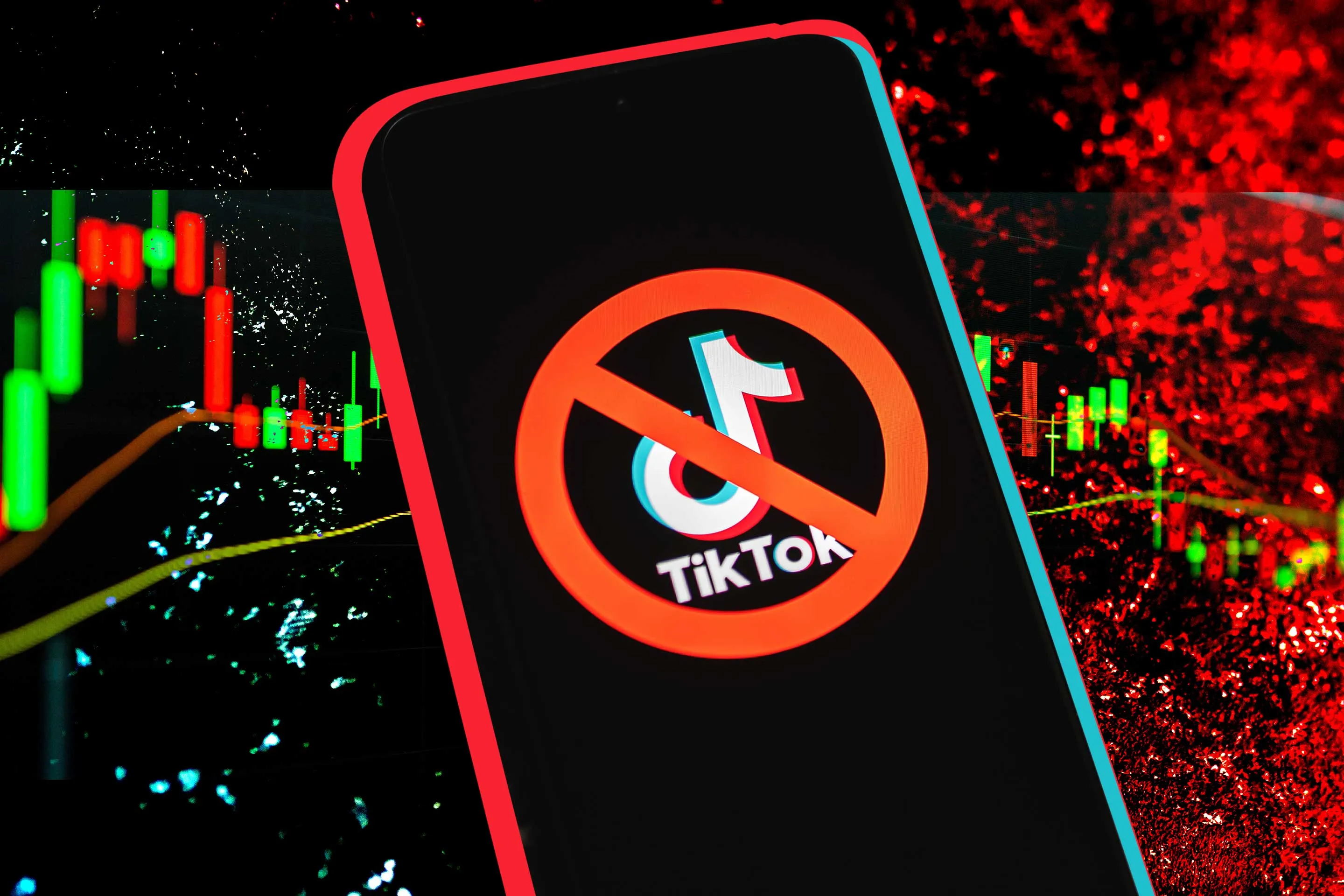
Introduction
In a whirlwind of legal battles and international scrutiny, TikTok's fate in the United States has hung in the balance. After former President Donald Trump's executive order to ban the popular social media platform, a series of court injunctions have temporarily blocked its implementation.
As the legal drama unfolds, the complexities surrounding TikTok's revival are manifold. This critical analysis examines the various perspectives, data points, and real-life examples that illuminate the multifaceted nature of the situation.
TikTok's Global Appeal
TikTok, with its user base of over 1 billion globally, has become a cultural phenomenon. The platform's unique short-form video format has captivated users worldwide, particularly among younger generations. In the United States alone, the app has been downloaded over 100 million times.
Economic Impact
TikTok's popularity has had a ripple effect on the economy. The platform has created numerous job opportunities, from content creators to digital marketers. Its advertising revenue has also become a significant source of income for the company.
Social Impact
Beyond its economic impact, TikTok has also had a profound social influence. It has become a space for self-expression, creativity, and community-building. Activists and marginalized voices have found a platform to amplify their messages.
National Security Concerns
The Trump administration has raised concerns about TikTok's potential threat to national security, alleging that it could allow the Chinese government to collect sensitive user data.
Data Collection Practices
TikTok's parent company, ByteDance, is based in China. This has raised concerns that the Chinese government could have access to the platform's vast trove of user data, including personal information, location data, and device information.
Censorship Allegations
TikTok has also been accused of censoring content that is critical of the Chinese government. The New York Times reported in 2020 that ByteDance had a policy of suppressing videos that contained certain sensitive topics.
Government Response and Legal Battles
In August 2020, President Trump issued an executive order to ban TikTok in the United States, citing national security concerns. However, several lawsuits were filed to block the ban, arguing that it violated the First Amendment rights of users.
Court Injunctions
Two federal judges have issued temporary injunctions blocking the ban from taking effect. The courts have ruled that the administration has not provided sufficient evidence to justify the ban and that it would cause irreparable harm to the platform and its users.
Negotiations and Potential Outcomes
Following the court injunctions, the administration has entered into negotiations with TikTok to address the national security concerns.
"Trusted Third Party" Proposal
One proposal under consideration is to have a "trusted third party" handle TikTok's U.S. operations. This could involve a sale of the platform to an American company or the creation of a new entity to oversee TikTok's data and content moderation.
Potential Impact
The outcome of the negotiations will have a significant impact on TikTok's future in the United States. If a "trusted third party" solution is reached, the platform could continue to operate in the country. However, if the negotiations fail, the ban could still go into effect, potentially shutting down TikTok in the United States.
Conclusion
TikTok's revival in the United States after Trump's ban delay has been a complex and multifaceted development. The platform's global appeal, national security concerns, and the government's response have created a tangled web of challenges and uncertainties.
As negotiations continue and the legal battles unfold, it is crucial to consider the diverse perspectives and implications involved. TikTok's fate in the United States remains uncertain, but the broader discussion on data privacy, content moderation, and the role of technology in society will continue to shape the outcome.